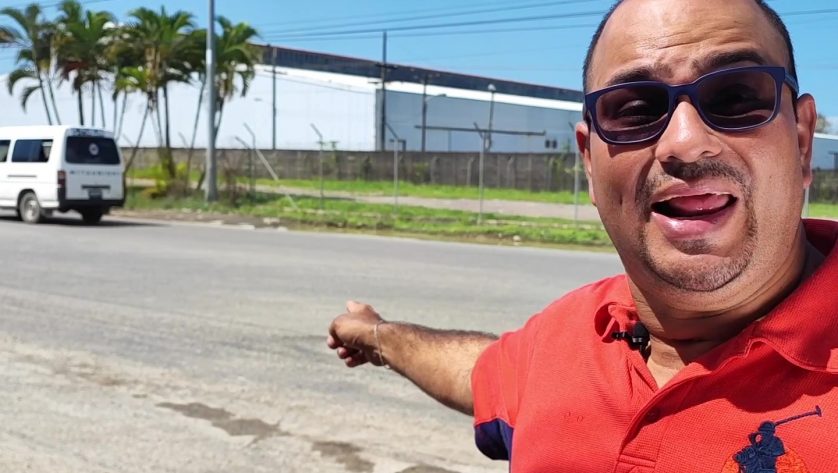“When you mention the word engineer, the local communities immediately think that a man will show up,” says Mary Hkawn Tsin, an engineer with the ICRC’s team in Kachin State. In this richly colorful video and article, Mary takes deep into the hills of her home state of Kachin, where she aspires to use her expertise as an engineer to help her region develop and thrive despite often great challenges.
As one of the 19 women engineers working for the ICRC in Myanmar, Mary is part of the water and habitat team based in Myitkyina, Kachin State. While Myanmar boasts near parity when it comes to the gender breakdown of engineering jobs, Mary says being a woman in this sector does confront some people’s expectations and stereotypes. But that makes the satisfaction of seeing clean, safe water flow, after long treks and difficult engineering feats, even more satisfying. “I work with total confidence and make sure to give 100 per cent and more,” she says with a smile.
 Red Cross Red Crescent magazine
Red Cross Red Crescent magazine 





 Tech & Innovation
Tech & Innovation Climate Change
Climate Change Volunteers
Volunteers Health
Health Migration
Migration